Can Rabbits Get The Hiccups? The Curious Case of Rabbit Hiccups
Key Takeaways:
- Yes, rabbits can get hiccups.
- Hiccups in rabbits are usually harmless and go away on their own.
- Stress and sudden changes in diet can sometimes trigger hiccups in rabbits.
- If hiccups persist or are accompanied by other symptoms, it’s best to consult a veterinarian.
Have you ever wondered if rabbits can get the hiccups? It may seem like a strange question, but understanding rabbit behavior is crucial for providing them with the best care.
In this article, we’ll delve into the world of rabbits and explore whether these adorable creatures are susceptible to hiccups.
We’ll also discuss the causes, symptoms, and potential treatments for rabbit hiccups. So, if you’re a rabbit owner or simply curious about these furry friends, keep reading to learn more about the fascinating world of bunny hiccups.
| Question | Answer |
|---|---|
| Can rabbits get the hiccups? | Yes, rabbits can get hiccups. |
| Causes | Stress, excitement, swallowing air, or sudden temperature changes may cause hiccups in rabbits. |
| Frequency | Rabbits do not frequently get hiccups. |
| Symptoms | Repeated sharp inhalations, spasms, or jerking movements in the diaphragm. |
| Duration | Hiccups in rabbits usually resolve on their own within a few minutes to hours. |
| Treatment | Oftentimes, no treatment is required. However, for persistent hiccups or underlying health issues, consult a veterinarian. |
Understanding Rabbit Behavior
Understanding Rabbit Behavior: Gain insights into the behavior of rabbits.
What are hiccups?
Hiccups are involuntary contractions of the diaphragm muscle. When the diaphragm, which plays a key role in breathing, suddenly contracts, it causes a sudden intake of air, which is then abruptly stopped.
This interruption results in the distinctive sound and sensation of hiccups.
Hiccups can be caused by a variety of factors, such as eating too quickly, drinking carbonated beverages, or experiencing excitement or stress. Usually, hiccups are harmless and resolve on their own, but if they persist for an extended period of time, it’s best to consult a healthcare professional.
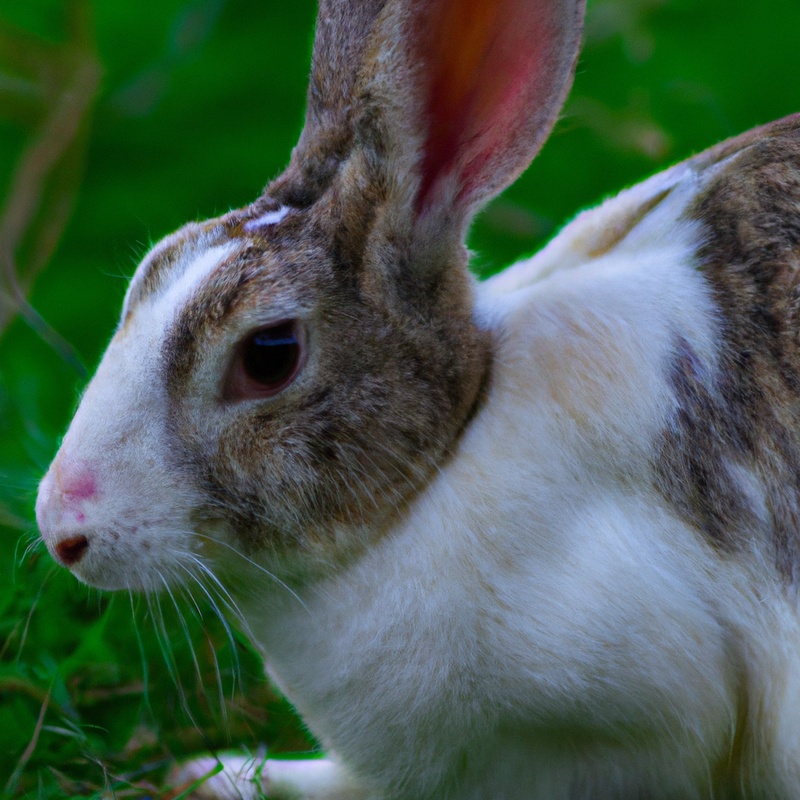
Do rabbits get hiccups?
Yes, rabbits can get hiccups. Like humans, hiccups in rabbits are caused by sudden contractions of the diaphragm muscle.
This can happen for various reasons, such as eating too quickly or swallowing air.
Hiccups in rabbits are usually harmless and resolve on their own. If your rabbit has hiccups, try distracting them with a favorite treat or gently massaging their belly.
If the hiccups persist or your rabbit shows signs of distress, it’s best to consult a veterinarian for further advice.
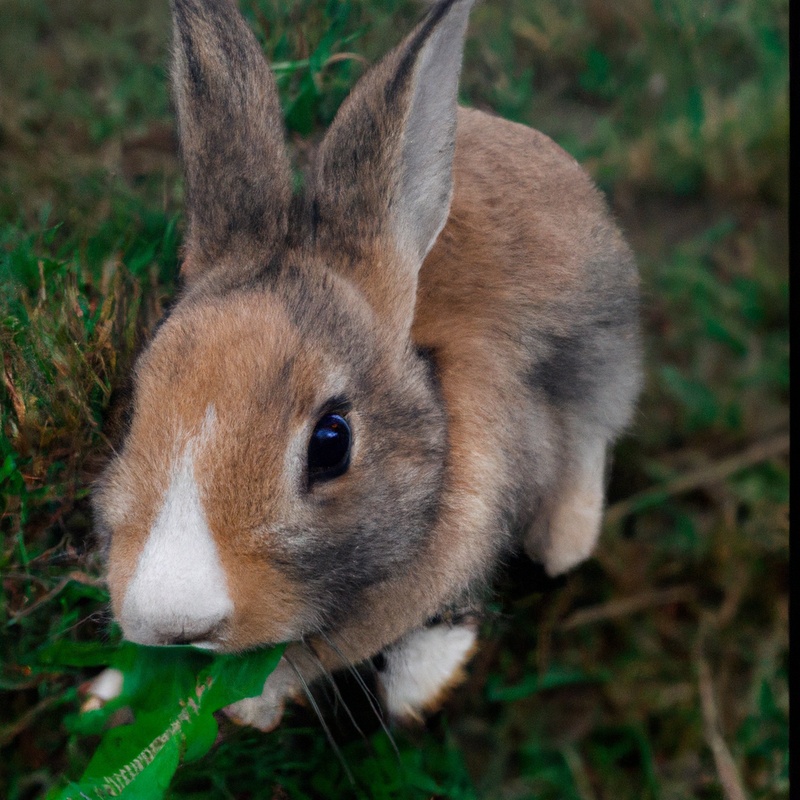
Causes of hiccups in rabbits
Hiccups in rabbits can be caused by various factors, including:
- Eating or drinking too quickly: Rabbits that consume their food or water too rapidly may develop hiccups as a result of swallowing excess air.
- Excitement or stress: High levels of excitement or stress can trigger hiccups in rabbits, just like in humans.
- Respiratory issues: Certain respiratory conditions, such as a respiratory infection or allergies, could potentially lead to hiccups in rabbits.
- Gastrointestinal discomfort: Hiccups may occur if a rabbit is experiencing digestive issues or gastrointestinal discomfort.
- Intestinal blockage: In rare cases, hiccups in rabbits may be a symptom of an intestinal blockage, which requires immediate veterinary attention.
It’s important to monitor your rabbit closely if they experience hiccups, and if the hiccups persist or are accompanied by other concerning symptoms, it’s best to consult a veterinarian for a proper diagnosis and treatment.
Recognizing Rabbit Hiccups
Recognizing rabbit hiccups is important for understanding your pet’s health.
Symptoms and distinguishing hiccups from other conditions can help you identify if your rabbit is experiencing hiccups.
Symptoms of a hiccup episode in rabbits
During a hiccup episode, rabbits may exhibit several symptoms.
These can include sudden contractions or spasms in the diaphragm, resulting in involuntary jerking movements.
Some rabbits may also make short, sharp noises or seem to have difficulty breathing during hiccups.
Additionally, rabbits may display behavioral changes, such as restlessness or irritability, while experiencing hiccups.
It is important to monitor your rabbit closely and consult a veterinarian if you notice prolonged or frequent hiccups, as they could indicate an underlying health issue.
Differentiating hiccups from other conditions
Differentiating hiccups from other conditions in rabbits can be challenging but not impossible.
Pay attention to the frequency and duration of the episodes – hiccups are usually short and intermittent.
Also, observe your rabbit’s behavior during the episodes.
If they seem otherwise healthy and unaffected, it’s likely hiccups.
However, if there are additional symptoms like difficulty breathing, sneezing, or coughing, consider other potential conditions and consult a veterinarian.
Trust your instincts and seek professional advice when in doubt.
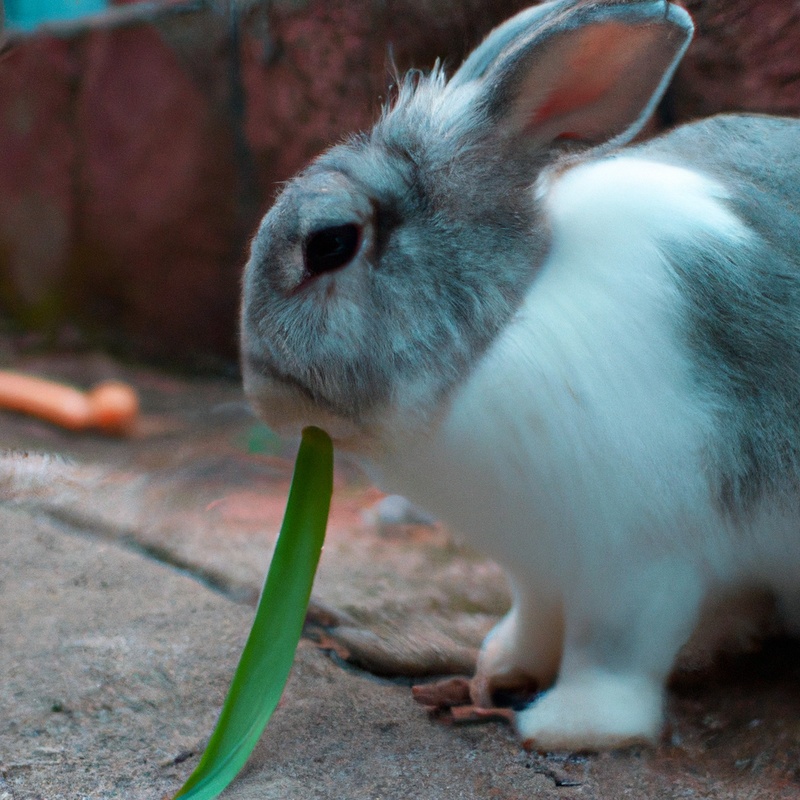
Treating Rabbit Hiccups
To treat rabbit hiccups, try home remedies or seek veterinary assistance for severe cases.
Home remedies for rabbit hiccups
If your rabbit has hiccups, there are a few home remedies you can try to help alleviate the hiccups.
- Gently massage your rabbit’s back or stroke its head. This can help relax their muscles and potentially stop the hiccups.
- Offer a small amount of water to drink. Sometimes, hiccups can be caused by dehydration, so allowing your rabbit to take a few sips of water may help.
- Provide a distraction. Give your rabbit something to do or focus on, such as a favorite toy or a treat. This can divert their attention and potentially stop the hiccups.
Remember, if the hiccups persist or if your rabbit shows signs of distress, it is best to consult a veterinarian for further guidance.
When to consult a vet for rabbit hiccups
If your rabbit is experiencing hiccups, you may wonder when it’s necessary to consult a vet.
Although occasional hiccups are usually harmless, it’s best to contact a vet if your rabbit’s hiccups persist for a prolonged period or if they are accompanied by other concerning symptoms.
These symptoms may include difficulty breathing, changes in appetite or behavior, and excessive drooling.
Your vet can help diagnose the underlying cause of the hiccups and provide appropriate treatment if needed.
Potential medical interventions for severe cases
In severe cases of rabbit hiccups, medical interventions may be necessary. Here are some potential treatments:
- Medication: Your veterinarian may prescribe medications to alleviate the hiccups and address any underlying issues.
- Sedation: In certain cases, sedation may be used to relax the rabbit’s muscles and stop the hiccups.
- Oxygen therapy: Providing the rabbit with supplemental oxygen can help alleviate hiccups and improve overall respiratory function.
- Fluid therapy: Intravenous fluids may be administered to ensure hydration and support the rabbit’s body during the treatment process.
Remember, it’s crucial to consult with a veterinarian to determine the best course of action for your rabbit’s severe hiccups.
Preventing Rabbit Hiccups
Preventing rabbit hiccups: Dietary considerations and stress-free environment.
Dietary considerations for preventing hiccups
To prevent hiccups in rabbits, it’s important to consider their dietary needs.
Here are some key considerations:
- Provide high-quality hay: Hay is a crucial part of a rabbit’s diet and helps promote proper digestion, reducing the chances of hiccups.
- Limit high-sugar foods: Too much sugar can upset a rabbit’s digestive system, potentially leading to hiccups. Limit treats and sugary foods in their diet.
- Ensure a balanced diet: A well-balanced diet that includes fresh vegetables, pellets, and water can help maintain a healthy digestive system and minimize the risk of hiccups.
- Offer adequate hydration: Dehydration can contribute to digestive issues and hiccups. Make sure your rabbit always has access to fresh water.
By considering these dietary factors, you can help prevent hiccups and maintain your rabbit’s overall well-being.
Creating a stress-free environment for rabbits
To create a stress-free environment for rabbits, there are a few things you can do.
First, provide a spacious living area with plenty of room to hop and explore.
Make sure their cage or enclosure is clean and well-maintained.
Second, rabbits are social animals, so it’s important to give them companionship.
Consider getting them a rabbit friend or spending quality time with them yourself.
Third, minimize loud noises and sudden movements around your rabbits, as these can cause stress.
Lastly, provide a quiet and calm space for your rabbits to retreat to when they want privacy.
Frequently Asked Questions
Are hiccups harmful to rabbits?
Hiccups are not usually harmful to rabbits. They are a normal reflex that helps clear the throat and diaphragm.
While hiccups may be annoying for rabbits, they typically go away on their own without any intervention.
However, if your rabbit experiences frequent or prolonged hiccups, it’s best to consult a veterinarian to rule out any underlying health issues.
Can hiccups be a sign of a serious health issue in rabbits?
Hiccups in rabbits are usually not a cause for concern and are generally harmless.
However, in some cases, hiccups can be a sign of an underlying health issue.
If your rabbit’s hiccups are persistent, accompanied by other symptoms like difficulty breathing or loss of appetite, it is important to consult a veterinarian.
They can help determine if there is a serious health issue causing the hiccups and provide appropriate treatment.
Always prioritize your rabbit’s well-being and seek professional guidance when needed.
How long do hiccups typically last in rabbits?
Hiccups in rabbits typically last for a short period of time, usually a few minutes to an hour. However, if the hiccups persist for more than a couple of hours or occur frequently, it is important to consult a veterinarian as it may indicate an underlying health issue.
Providing a calm and stress-free environment for your rabbit can help prevent hiccups and promote overall well-being.
Can hiccups occur more frequently in specific rabbit breeds?
Hiccups can occur in rabbits regardless of their breed. However, some rabbit breeds may be more prone to hiccups due to certain physical characteristics.
For example, breeds with shorter, compact bodies and flat faces, such as the Netherland Dwarf or the Lionhead, may experience hiccups more frequently.
These physical traits can sometimes lead to respiratory issues, which can in turn increase the likelihood of hiccups. It’s important to monitor your rabbit’s health and consult a veterinarian if you notice persistent or concerning hiccups.
Are there any long-term effects of recurring hiccups in rabbits?
Recurring hiccups in rabbits usually do not have any long-term effects. Rabbits have a unique diaphragm structure that makes hiccups rare and not a cause for concern.
However, if your rabbit experiences chronic hiccups along with other symptoms like difficulty breathing or loss of appetite, it’s important to consult a veterinarian as it could be a sign of an underlying health issue.
Regular check-ups and providing a balanced diet can help maintain your rabbit’s overall well-being.
Final Verdict
While hiccups in rabbits are rare, they can occur.
It is important for rabbit owners to understand rabbit behavior, recognize the symptoms of hiccups, and differentiate them from other conditions.
Home remedies, such as gentle massages and providing a stress-free environment, can often alleviate hiccups.
However, if hiccups persist or are severe, it is best to consult a veterinarian for further evaluation.
By considering dietary factors and creating a calm environment, rabbit owners can also take preventive measures.
While hiccups are usually harmless, any concerning or persistent symptoms should not be ignored.

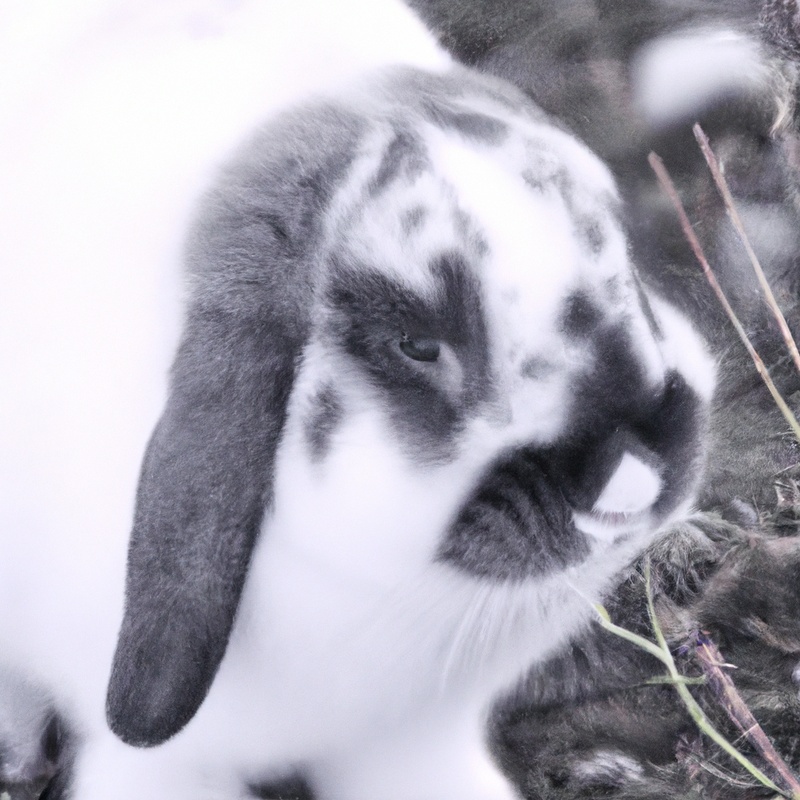
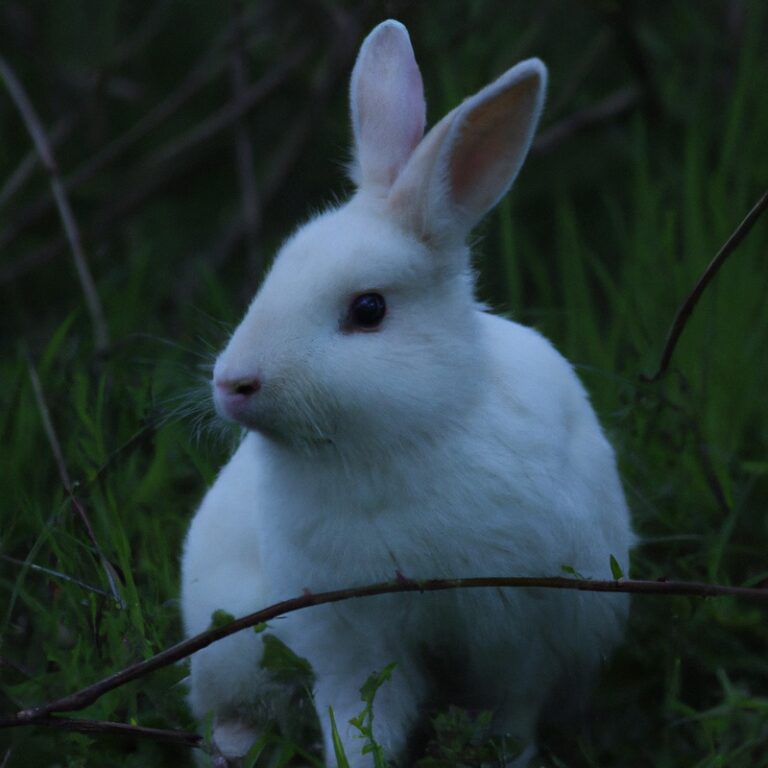
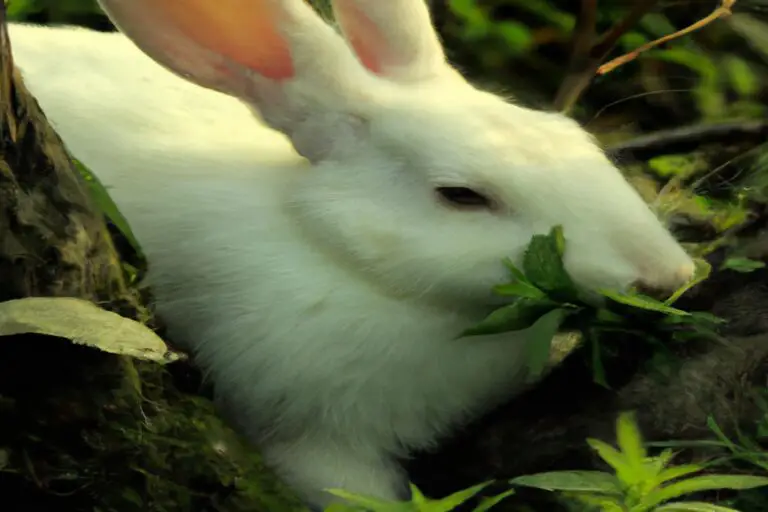
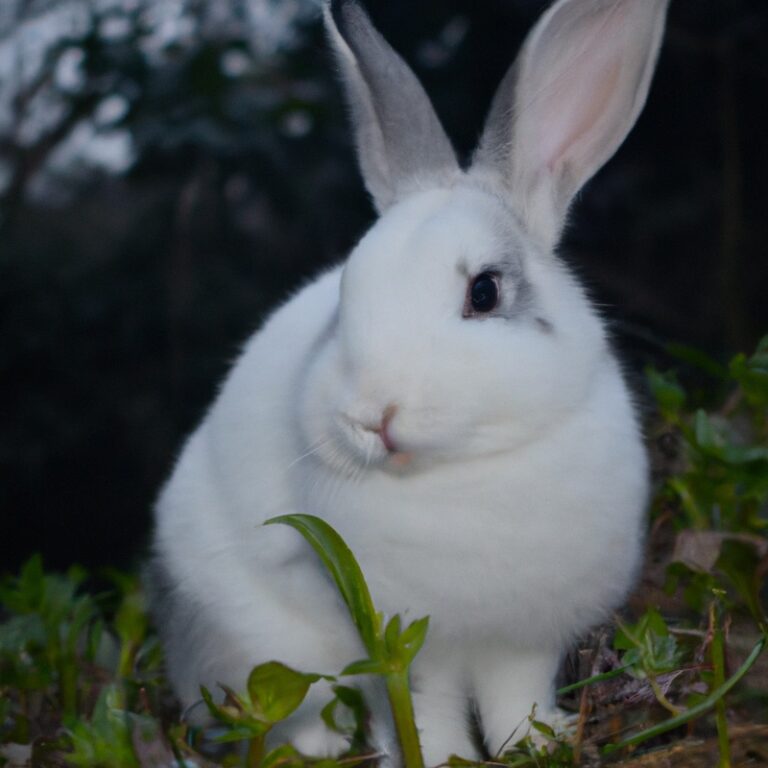
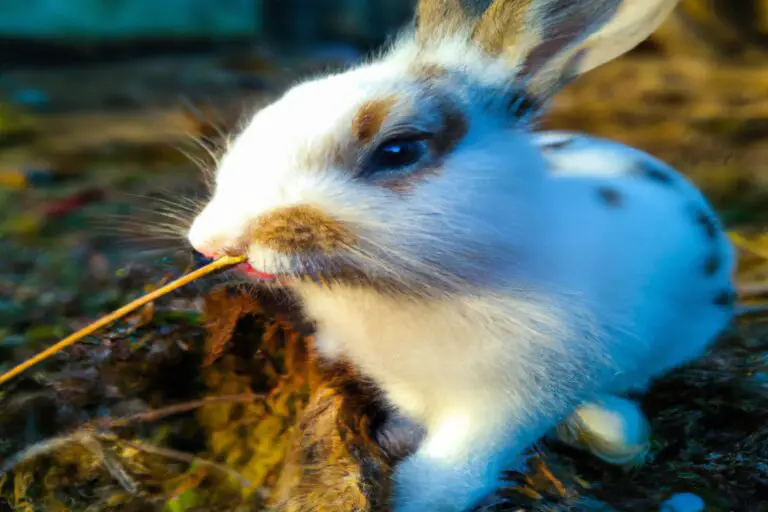
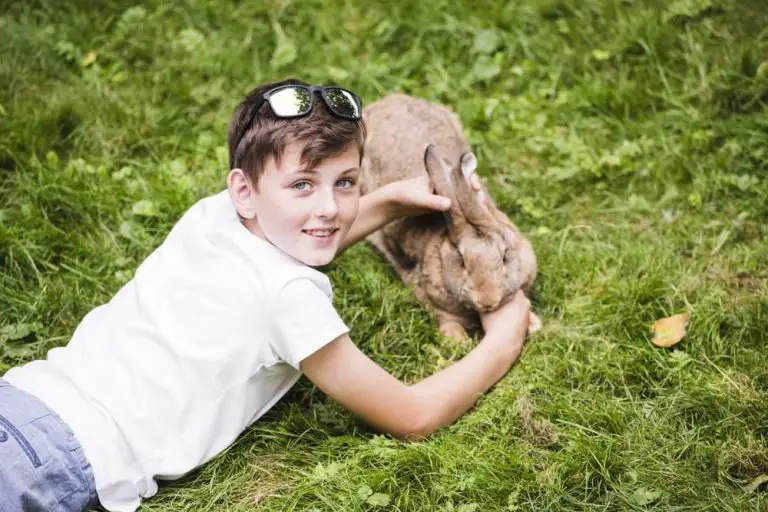
![Can Rabbits Eat Arugula Or Rocket? [Feeding Guide!]](https://atractivopets.com/wp-content/uploads/2020/10/Rabbits-Eat-Arugula-768x511.jpg)
